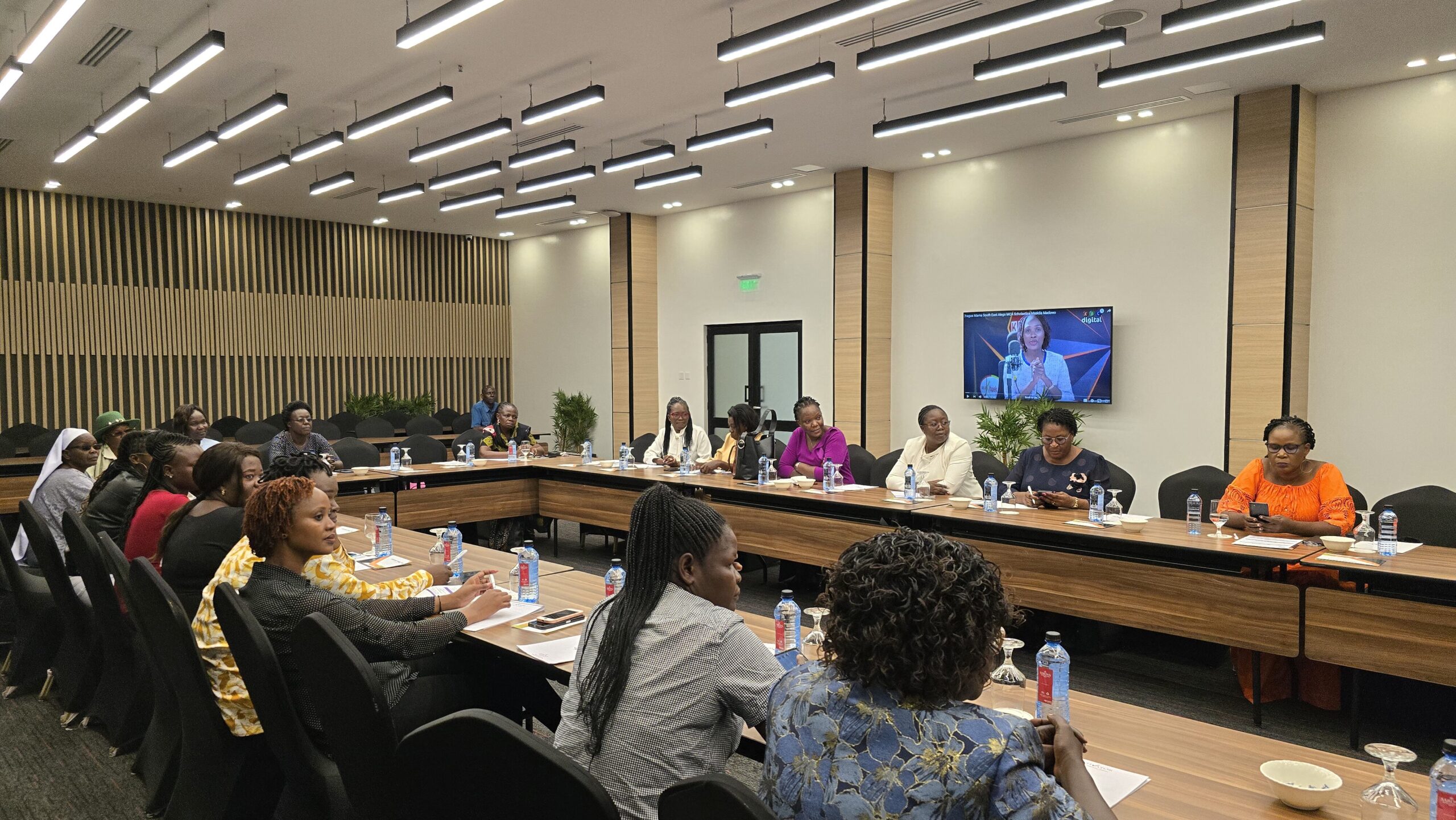The 2010 Constitution of Kenya (COK) introduced affirmative action provisions aimed at increasing women’s political participation and representation, including the “two-thirds gender rule” which was set to ensure that no more that two-thirds of the members of any elected or appointed public body are of the same gender. While progress has been made, its full implementation still remains a challenge and continued efforts are needed to reach gender equality in Kenya’s political representation.
It is estimated that over 1,200 women ran for elective office during the 2022 general election, a significant increase in the number of women running for elective office in comparison to previous elections. This is indicative of a positive trend towards achieving gender equality in political representation however the electoral outcomes still reflect a gender gap. The biggest electoral outcome being winning elections especially in competitive positions such as single constituency Member of Parliament positions (MP), and Member of County Assembly (MCA) positions.
This project “Running for Office, Running to Win” is focused on not only empowering and supporting women leaders in their journey to run for office but also building their skills, confidence and networks necessary to also win elections. This year the project focused on women leaders from Kisumu, Homabay, Siaya, Migori, Nakuru, Kericho and Bomet Counties; and were convened in Kisumu and Nakuru town.
The participants were largely drawn from ENA’s Democracy Trust Fund (DTF) membership, and other women leaders that have previously run for elective office or have firmly established that they will run for office in the next general election. Democracy Trust Fund (DTF) is an initiative by ENA founded on the EMILY (Early Money Is Like Yeast) principle where women are encouraged to start putting aside financial resources needed to run for office. Given campaigns require significant funding which many women find difficult to access, DTF provides an innovative solution to remedy this.
The training’s focused on empowering women leaders on essential skills such as Campaign Strategy, Communication, Public Speaking, Policy Development, and Fundraising; among many other strategies. In the end, each participant was tasked with the responsibility of developing a “Personal Leadership Development Plan (PLDL)”. The PLDL was a key output of the training’s as the women leaders were able to individually map out the resources, skills, experiences, networks and stakeholders they need to mobilize and organize to ensure successful election outcomes in the next general election.

